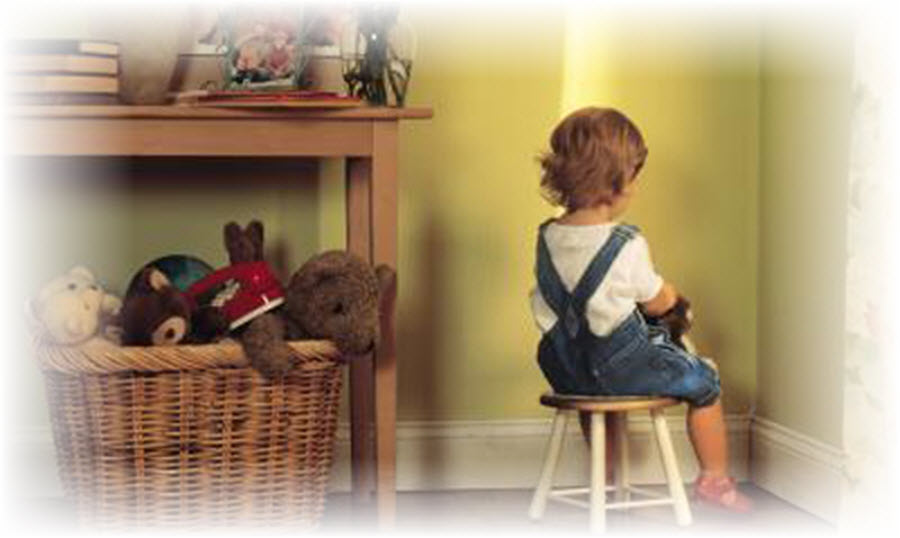Getting on the Same Page, even if you're not in the same book!
/The Same Page: Helping Parents Agree on Discipline
by Patience Domowski, LCSW
Many parents struggle to be on the “same page” with parenting. This is totally normal because both mom and dad have their own different personalities, upbringing, thoughts, and ideas that they bring into the relationship. But it can be so frustrating when the parents cannot agree on the same strategies or level of enforcement for discipline at home. Some parents are not only not on the same page, they aren’t even in the same book! Mom might be really strict with the kids because she’s home all day and needs them to listen to her, and dad feels bad he’s not around much so gives in all the time. Or maybe mom’s the nice soft pushover and dad’s the strict one the kids know they can’t get away with anything around him. There does not have to be a “strict parent” and a “fun parent” or a “good cop”/”bad cop” in a parenting couple- there can be the a balance for each parent. It’s really important to try to figure this out so that there is less arguing between the parents, a more cohesive family, and the children aren’t playing parents against each other.
Here are some ways to try to get on the same page with your spouse or co-parent.
1) Agree on something! Try to find even something small you agree on – even if it’s just the outcome like you want your children to be “good people” for example. (Then later define what that means and how to get there!)
2) Decide on an outcome. Do we want our children to be happy, balanced, independent, highly educated, etc. Then work on what’s the most important to focus on for our family (Such as school/education, life skills (like learning how to cook, do chores, etc), sports/activities , being social, being creative, future independence, just being “happy”, spiritual/faith based, being healthy, etc) Do the kids need to work on improving their grades? Or are we worried they will live with parents forever because they won’t do chores and get a job? Do we just want them to be happy, we don’t care what they do for the most part?
Parents should decide what they’d like to see in the future so they know what they are working towards. It doesn’t have to be super specific like “my child will be a doctor” or “my kid will never eat red meat” or “I really want them to be married or they won’t be happy”. Outcomes can be more general like “I want my child to be independent” or “I want my child to be as healthy as possible” (if child has health concerns, this might be a goal, for example).
3) Discuss both parents’ backgrounds and where they come from. Where her parents strict and his super passive? Was she a “child of the ‘60s”, and he from a super conservative family? Discuss child rearing of the parents, how did the grandparents discipline them, what do you want to do the same and what do you want to do differently. Even discuss where they grew up (urban, rural), cultural backgrounds, even socioeconomic status, etc. (Especially if you don’t already know this, or it wasn’t covered in your pre-marital counseling- for married parents).
4) Try to find a compromise somewhere. The plan doesn’t have to be all mom’s way or all dad’s way. In fact- it really shouldn’t be that one sided. (Because then the other parent will be upset, or one will undermine the other).
5) Eachparent make a list of what is important to you- then compare and see which things are the same/almost the same.
6) Decide which behaviors we’re going to “let go” and which we will make a big deal about. Not everyone will agree on what needs to be focused on and that’s okay. [If you can’t decide, see my other article on hierarchy of behavior for my suggestions.]
7) Even if parents are split and kids go between homes it would be better to still be on same page at both homes for consistency for the children (if this is possible).
8) Make a plan! Specific behaviors to target, discipline techniques, etc. Write it down and even post it in the house so everyone knows and remembers what to follow. Look online for templates or ideas for making House Rules, chore charts, behavior charts, etc.
9) Consult with a therapist if needed. A couples/marriage counselor can help get parents to be on the same page, and a child behavioral therapist can help parents come up with specific behavior interventions for their children.
10)Try to get grandparents, babysitters, etc on the same page with the parents for consistency. If the kids know grandma will say yes if mom says no, or the babysitter allows kid to do this and dad would not, it’s going to be difficult to maintain the level of control and discipline you may want in the home. So try to get everyone on board, if possible.



